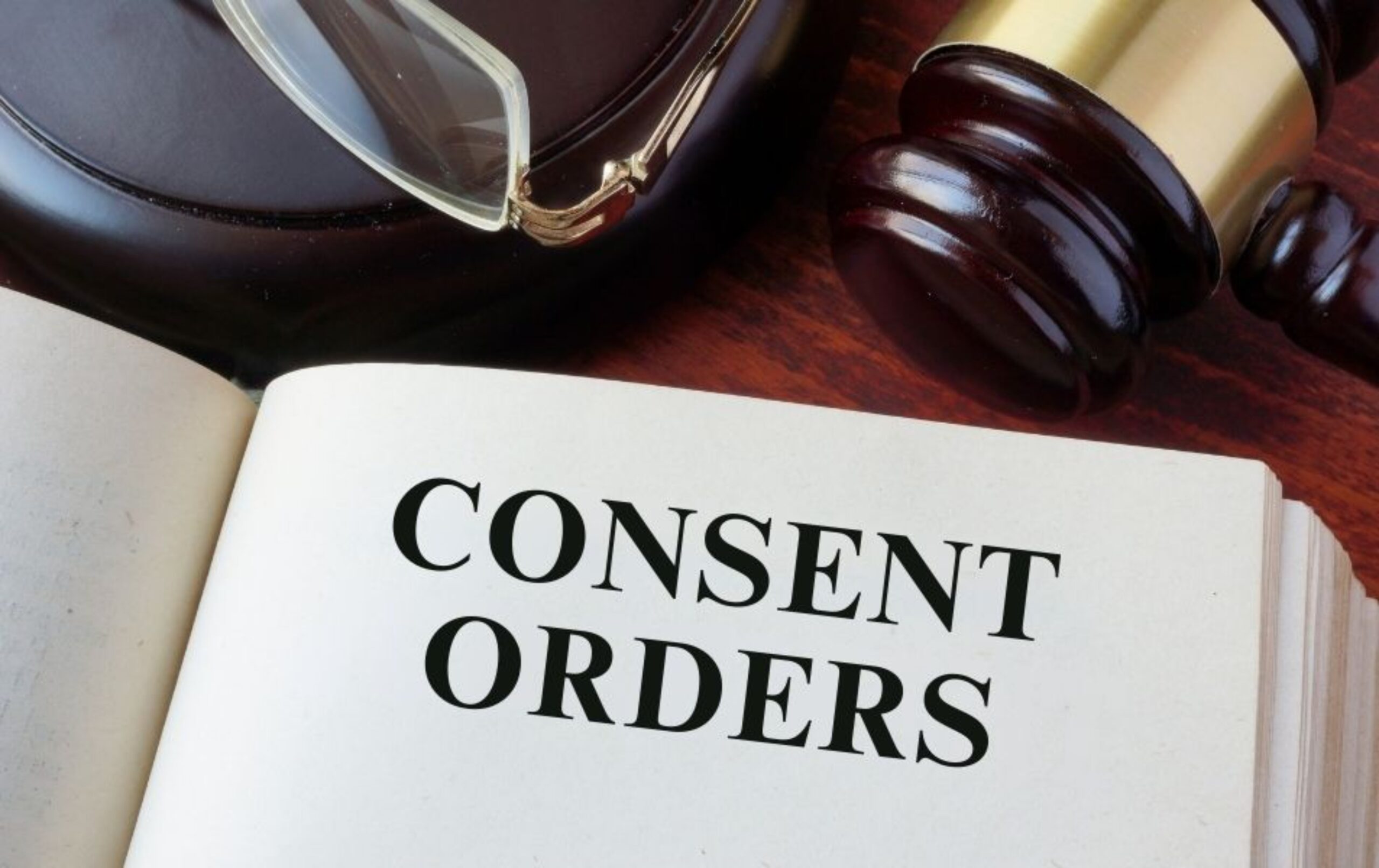Parental alienation syndrome is a term used to describe a situation where a child strongly resists or rejects one parent, often after being influenced by the other.
This can cause deep pain for families and create challenges during separation or divorce. Understanding what parental alienation syndrome looks like, how it affects children, and how courts in Australia respond can help parents handle this difficult issue with more clarity.
What Is Parental Alienation Syndrome And How Does It Affect Families?
Parental alienation syndrome happens when one parent influences a child to turn against the other parent. The child may begin to feel fear, anger, or dislike toward the targeted parent, even if that parent has done nothing harmful.
For families, the effects can be significant. A once-loving bond between a parent and child may break down, leaving both sides feeling hurt and confused.
The child may feel pressured to choose sides, which can cause emotional stress. Parents experiencing parental alienation syndrome often describe feeling shut out of their child’s life, even though they want to maintain a healthy relationship.
What Behavioural Signs Show A Child May Be Experiencing Parental Alienation Syndrome?
There are several signs that may suggest a child is affected by parental alienation syndrome. While no single sign proves it on its own, a pattern of behaviours can raise concern.
- Unreasonable criticism: The child may criticise or insult one parent without clear reasons.
- Lack of guilt: Even when being unkind, the child may show no regret.
- Use of adult language: The child may repeat words or phrases that sound more like the other parent than their own.
- Taking sides: The child may strongly support one parent and reject the other, even when the rejected parent has been loving and supportive.
- Changes in affection: The child may suddenly refuse visits, phone calls, or contact with the targeted parent.
When these behaviours appear together, they may suggest the child is being influenced by one parent against the other. It is important for parents to look at the bigger picture rather than a single event when considering parental alienation syndrome.
Read also: Can a Child Decide Which Parent to Live With?
How Do Courts In Australia View Cases Involving Parental Alienation Syndrome?
Family courts in Australia take the best interests of the child as their main concern. When issues related to parental alienation syndrome arise, the court looks closely at the child’s needs, safety, and wellbeing.
Courts may consider whether a child’s rejection of one parent is reasonable or whether it may have been influenced. Judges often rely on expert reports, family consultants, or psychologists to help them understand what is happening.
While the term parental alienation syndrome itself may not always be the focus, the behaviour and impact on the child are carefully assessed.
The goal of the court is to support the child’s right to have a meaningful relationship with both parents, where it is safe and appropriate.
This means the court will try to understand the family dynamics and make decisions that reduce harm to the child.
Can Parental Alienation Syndrome Be Mistaken For Normal Child Behaviour?
Yes, sometimes what seems like parental alienation syndrome could actually be a child’s natural reaction to family changes. Children can become upset, confused, or angry during separation.
They may prefer to spend more time with one parent because of comfort, routine, or personality differences.
It is important to recognise the difference between normal behaviour and parental alienation syndrome. A child going through normal stress might still want to see both parents but needs reassurance.
In contrast, a child affected by alienation may show strong rejection without clear reasons.
This distinction can be difficult to make, which is why professional support is often needed. By looking carefully at the child’s actions, emotions, and words, it becomes easier to see whether the behaviour is typical or influenced.
What Should Parents Do If They Suspect Parental Alienation Syndrome In Their Family?
If a parent suspects parental alienation syndrome, it is important not to ignore the signs. Acting calmly and thoughtfully is more effective than reacting with anger or blame.
Parents can:
- Keep detailed notes of changes in the child’s behaviour.
- Maintain regular attempts at contact, even if the child resists.
- Seek professional help from counsellors, child specialists, or family consultants.
- Speak with a family lawyer to understand their options.
Above all, protecting the child’s wellbeing should remain the priority. While parental alienation syndrome can feel overwhelming, getting the right guidance and support can help parents respond in a way that reduces conflict and promotes healthier outcomes for the child.
Finding A Path Forward For Families
Dealing with parental alienation syndrome is never easy. It touches the emotions of parents and children alike and can make separation even harder.
By learning the signs, understanding how courts in Australia may view the issue, and seeking the right support, families can take steps that protect the child’s wellbeing and encourage healthier relationships.
Do You Need Support With Parental Alienation Syndrome Concerns?
Are you worried that parental alienation syndrome may be affecting your family? At Collective Family Law Group, we understand how challenging these situations can be.
Our experienced child custody lawyers are here to listen and provide guidance tailored to your circumstances. Whether you are facing parenting disputes, concerns about contact with your child, or questions about your legal options, we are ready to support you.
Contact us today to book a confidential consultation and take the first step toward protecting your relationship with your child.




